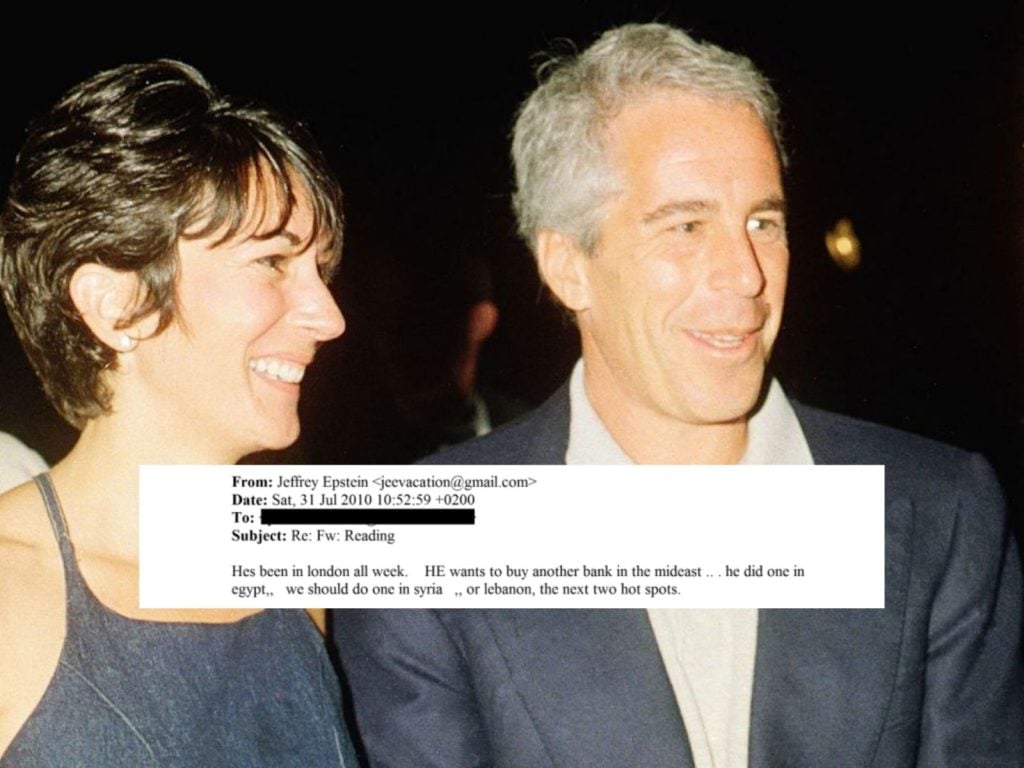The Greek Philosophers Of Saida and Tyre
After Alexander the Great conquered most of the world and made a famous pit stop in Tyre, Lebanon and the area fell into Greece’s grasp. This resulted in Alexander and his successors ruling over the area until the arrival of the Romans a few centuries later. During this Hellenistic period, philosophers from Saida and Tyre would come to play an important part in the intellectual and philosophical currents of the day.
Here are some of the major philosophers of that era, their thoughts, and some funny stories around them.

Zeno of Sidon, born in 150 BC, once called Socrates “the Attic baffoon.” He was generally not fond of his fellow philosophers and was said to be one of the period’s most interesting and refined thinkers. Most of his writing has not survived, but Zeno believed that happiness was not just dependent on present pleasure but also a guarantee continued pleasure.
Boethus of Sidon and Boethus of Sidon may have shared the same name, but philosophically they were quite opposite. The first Boethus (disciple of Andronicus), saw the world on the basis of individuality, arguing that the actual reality of the world was based on these individual realities. The second Boethus (disciple of Diogenes), was a Stoic philosopher who was more interested in the world as part of the cosmos, arguing that the ether is divine and eternal.
Down south, Porphyry of Tyre, born in 234, is one of the most prominent philosophers of the Hellenistic and Roman period. He is most known for his anti-Christian writing in the religion’s early days, publishing fifteen books against the religion and its doctrine during his later years. Once arriving in Rome in 262, he is said to have adopted a Neoplatonist lifestyle, changing his diet and eventually contemplating suicide.

Among the chaos of the fall of Greece and the rise of Rome, philosophers from the region found vital space to share their philosophies and thoughts within the emerging Mediterranean intellectual sphere.
More Like This
Lebanon’s Brother Popes: Sisinnius & Constantine of Tyre
The Origins of Winemaking In Lebanon





